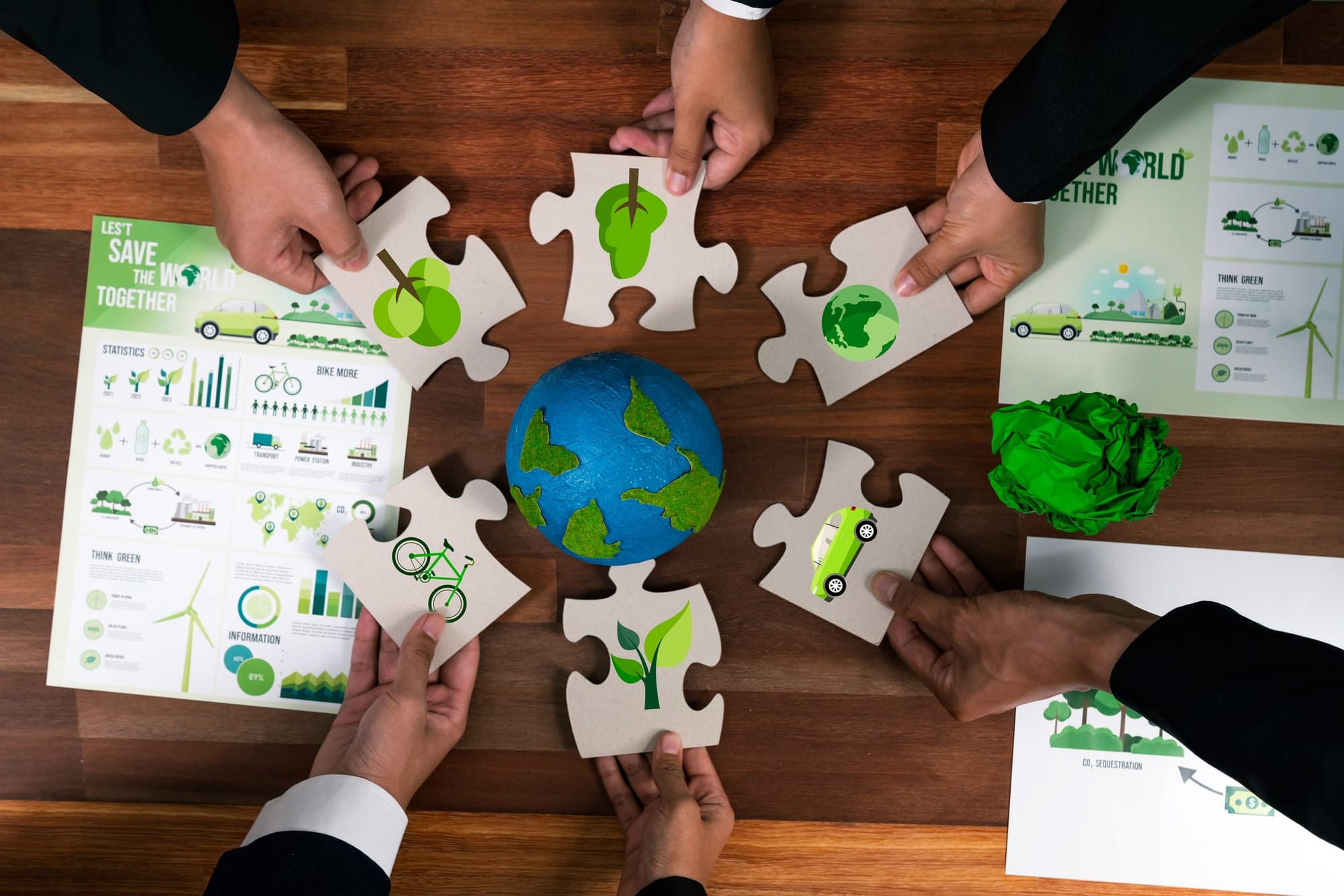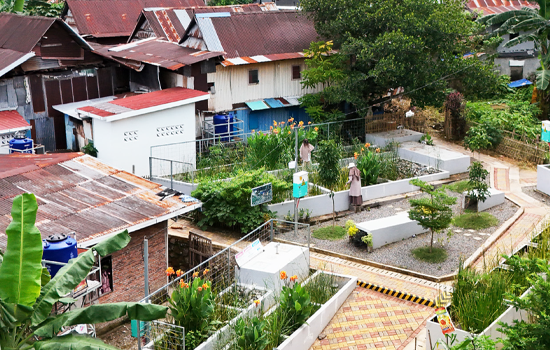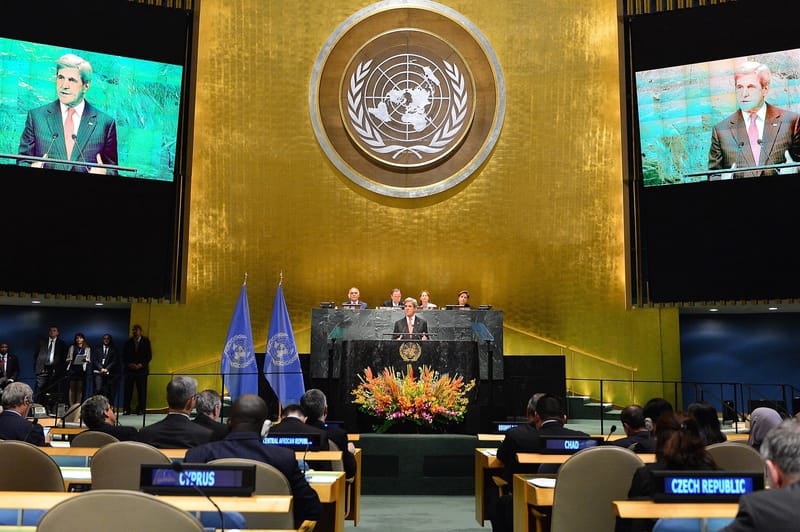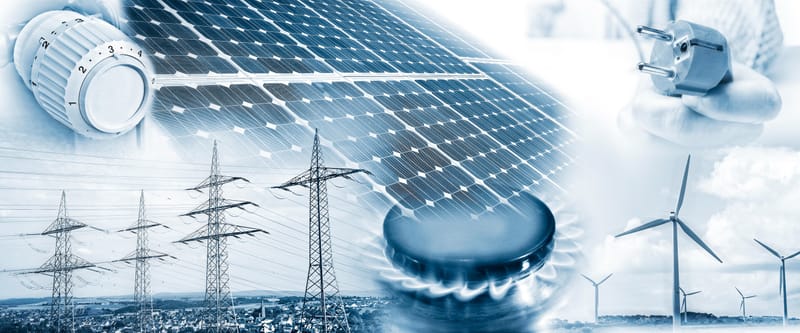
As COP 29 in Azerbaijan draws to a close, under the United Nations Framework Convention on Climate Change (UNFCCC), the Intergovernmental Panel on Climate Change (IPCC) has started work on its Seventh Assessment Report.
The IPCC recently invited more than 2000 experts, nominated by their governments and recognised organisations, to participate in a series of online workshops to start the process of scoping the report.
Output from these online workshops will be considered at an in-person scoping meeting in December for a much smaller group of about 240 experts selected to reflect a mix of expertise, experience, geographic, cultural and gender diversity.
Australia will be well-represented, with 10 experts from a range of institutions.
The scoping meeting will prepare a draft outline of the contributions expected from three working groups to the Seventh Assessment Report, how they will be prepared, and a proposed timeline. This will be considered by the IPCC in the first half of 2025.
Call for authors and editors
Once the scoping work has been completed and agreed, the IPCC will issue a call for authors, chapter scientists, review editors and other contributors. Nominations are through the national focal point in the Australian government (DCCEEW).
The seventh assessment cycle is expected to be completed in late 2029 with publication of a synthesis report. Its work is also expected to provide important input to the next Global Stocktake under the Paris Agreement due in 2028.
The IPCC was created in 1988 by the United Nations Environment Program (UNEP) and the World Meteorological Organisation (WMO), and subsequently endorsed by the United Nations General Assembly. It has 195 member countries.
The First Assessment Report was produced in 1990. It was as a result of this report that the United Nations chose to develop a framework convention on climate change that resulted in the UNFCCC being opened for signature at the 1992 Rio Earth Summit.
Assessment core IPCC business
The assessment reports are core business for the IPCC to assess the state of knowledge on climate change. As well as assessment reports, the IPCC produces special reports and methodology reports.
In January this year, the IPCC agreed the seventh assessment cycle would be based on three working Group reports: Working Group I on the physical science; Working Group II on impacts, adaptation and vulnerability; and Working Group III on mitigation.
In this cycle there will also be special reports on climate change and cities, a methodology for short-lived climate forcers, and a methodology report on carbon dioxide removal technologies, carbon capture utilisation and storage.
The IPCC will also revise its 1994 technical guidelines on impacts and adaptation, as well as adaptation indicators, metrics and guidelines. This will be undertaken in conjunction with the Working Group II report, but published as a separate product.
This work will complement a parallel program by the UNFCCC on indicators for the Global Framework on Climate Resilience under the UAE Belém Work Program to measure progress towards adaptation targets.
Emerging additions for seventh report
Thousands of people with expertise contribute to the IPCC reports. Much of the work involves assessing scientific papers to collate a summary of what’s known about drivers of climate change, impacts, future risks, adaptation, and mitigation.
Output from the IPCC is intended to be used by governments and in international negotiations. Reports are drafted and reviewed in several stages. They aim to be robust, comprehensive, accountable, and inclusive.
The recent online pre-scoping workshops considered how the next assessment cycle could improve on the sixth assessment cycle.
Some of the themes to emerge included consideration of nature-based solutions, the importance of local Indigenous knowledge, and, generally, how to make the reports more inclusive of all people.
Monash is pioneering a path to a greener, smarter, more equitable and sustainable future, where emissions are lower, and the natural environment and humans thrive. We look forward to participating at COP29, where we aim to accelerate global action on sustainability, empowering diverse voices from across the Indo-Pacific and influencing superior policy outcomes across a broad range of issues. Find out more monash.edu/cop29





